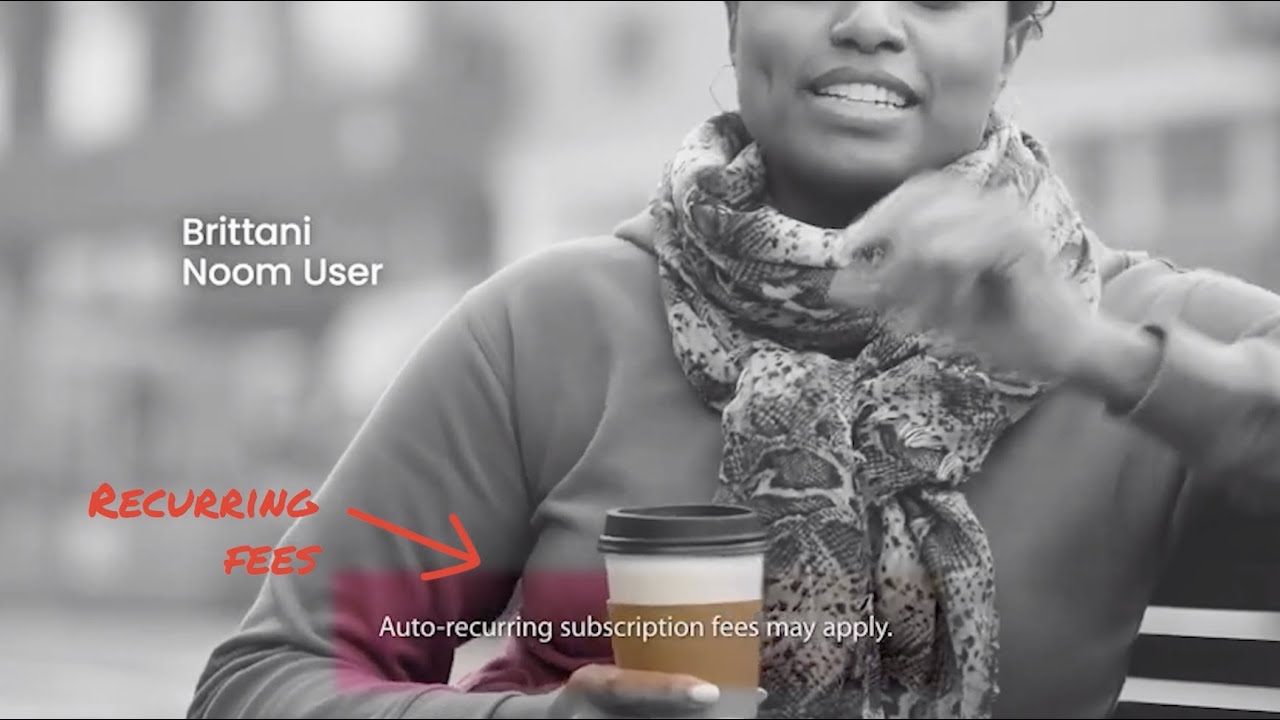
Best Reader Tips of 2021
This year reader tips led to dozens of ad alerts, as well as a complaint to regulators.
Fraudsters target consumers as healthcare marketplace goes live.
Confused about open enrollment for the new health care marketplaces introduced under the Affordable Care Act (aka Obamacare) that go live Tuesday? Be careful. Scam artists are hoping your confusion will lead to their profits.
Consumer advocates are warning that several fraudulent health insurance schemes are making the rounds. The scams range from fake websites claiming to sell Obamacare health insurance policies for under $30 a month to scam artists trying to get consumers to reveal Data that can be used to identify you, like your name, address, birth date, or Social Security number.
Fraud.org said in one common fraudulent scheme, a scammer who claims to be from the federal government contacts consumers and tells them that by law they must purchase insurance cards in order to be eligible for coverage under the ACA. They then ask consumers for their bank account routing numbers.
The fraudsters are contacting consumers by phone, text, e-mail and fax, according to consumer advocates. Some threaten that a consumer could go to jail if they don’t comply with purchasing an insurance card or giving out personal information. Others push consumers into signing up for fraudulent insurance programs by saying they have only a few spots left. Some of the fraudsters are claiming to be state and federally trained “navigators’ who help consumers apply for the insurance programs offered under the new exchanges. And still others are targeting seniors by pretending to be from Medicare.
If you don’t have health care already and have questions about the how to sign up for health insurance under the ACA, go to HealthCare.gov.
And remember, the federal government doesn’t:
If you have a question about whether a health insurance policy is legitimate, contact local officials. If you feel you have been defrauded, file a complaint with TINA.org or the FTC.
This year reader tips led to dozens of ad alerts, as well as a complaint to regulators.
Supplement MLM takes down dozens of deceptive claims following TINA.org investigation.


